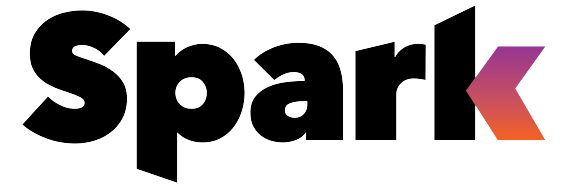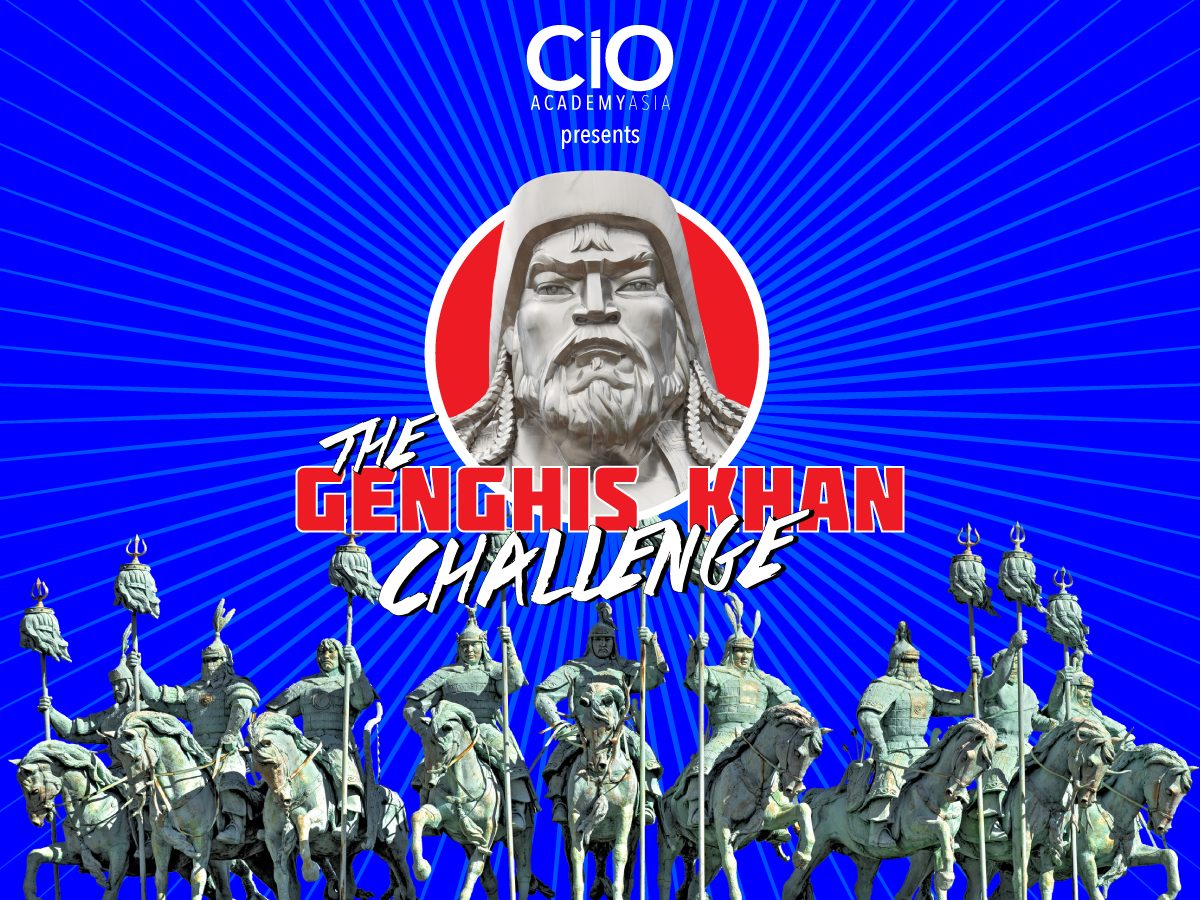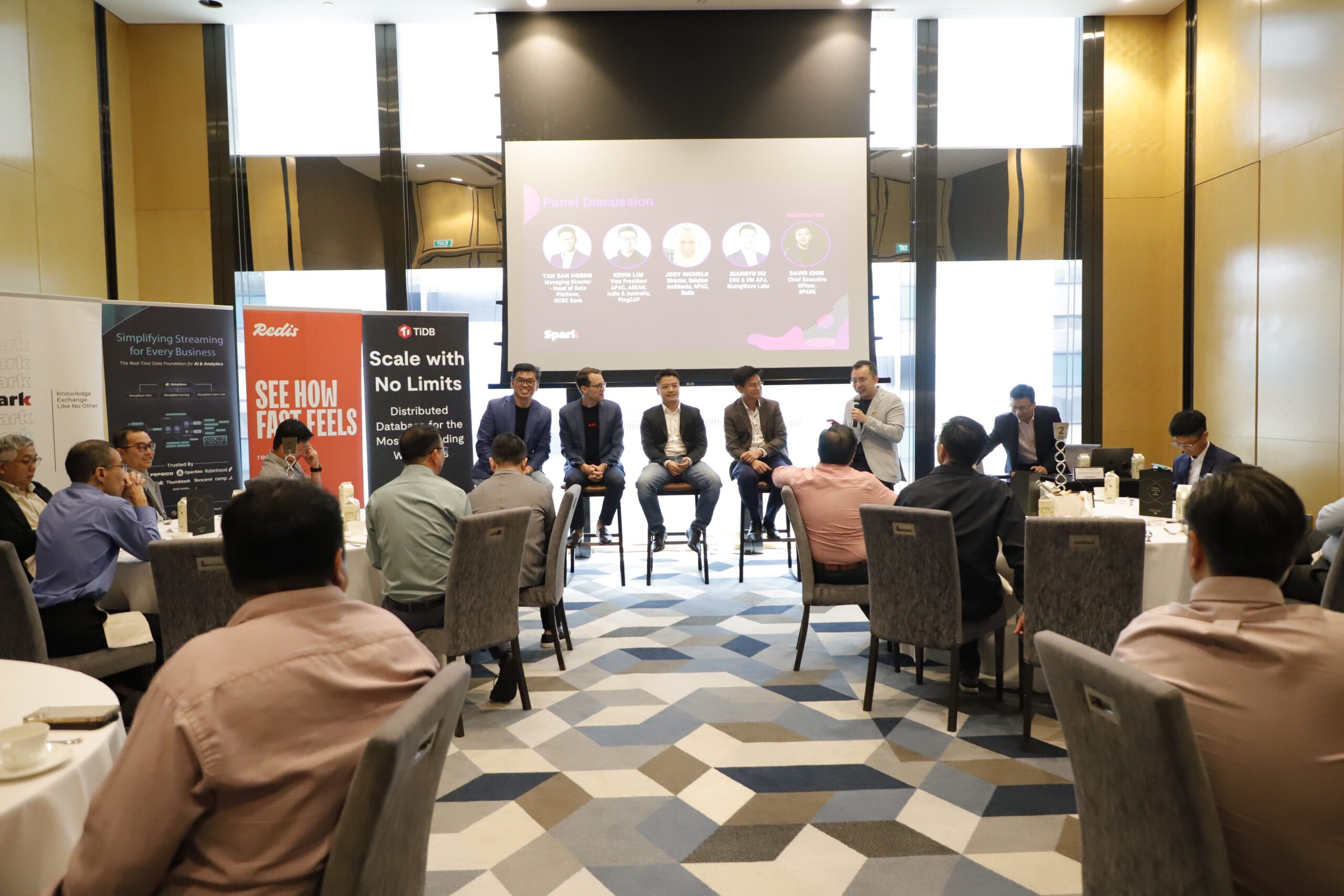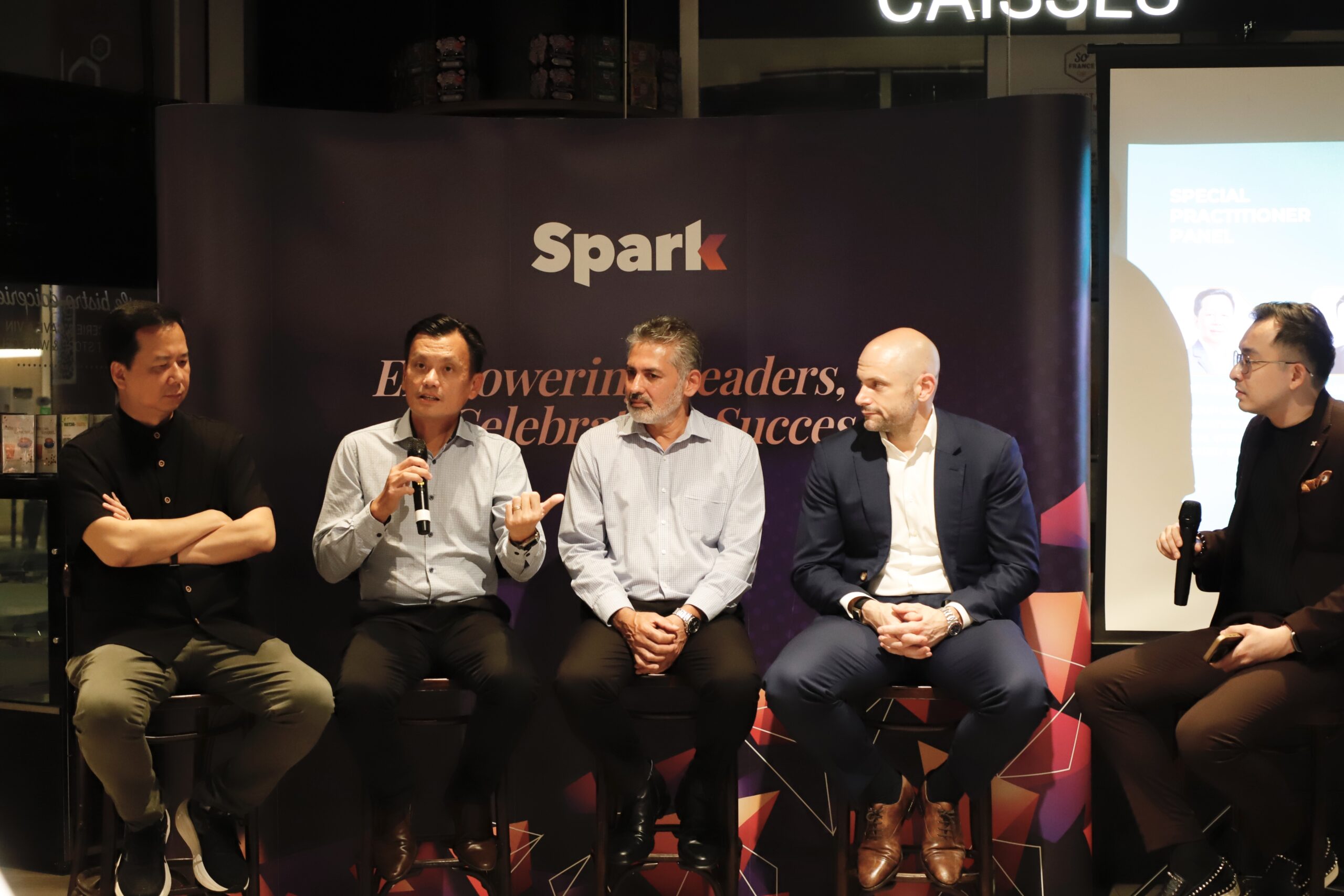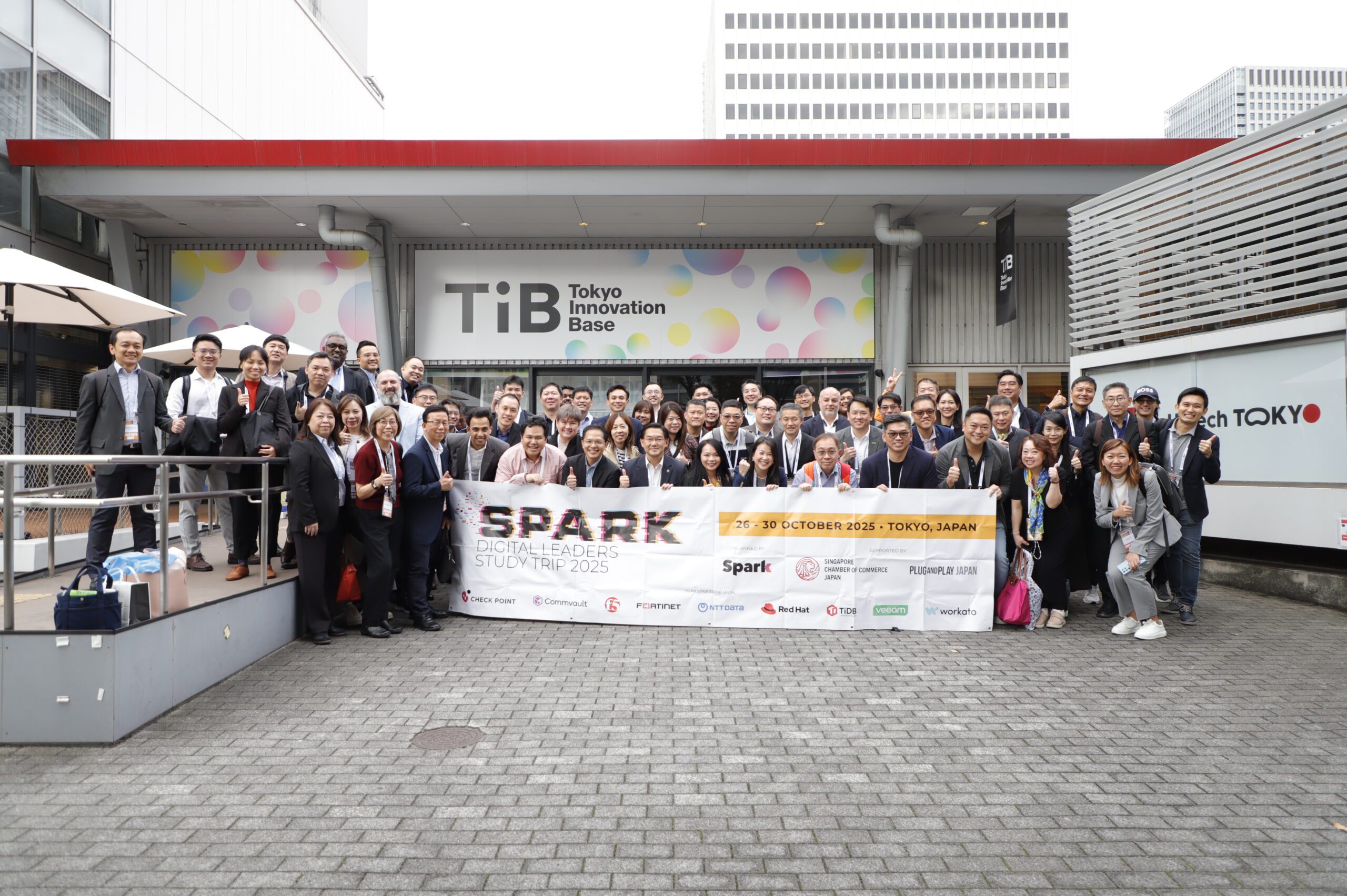We recently held a contest targetted towards IT professionals in Asia where they had to answer one question. “How do we respond to jobs being replaced by technology?” and the winner would win him or herself a free trip to Ulaanbaatar, Mongolia to attend our second ConnectGov Leaders Summit with two free nights stay at Shangri-La Hotel. We had 2 consolation prizes of a book: Technology vs. Humanity: The coming clash between man and machine by Gerd Leonhard.
Within 3 weeks, we garnered many good responses that resulted in us increasing the number of consolation prize winners to 4.
The grand prize went to Brendan O’Neill, Director of IT Services from Seaco with his winning answer below.
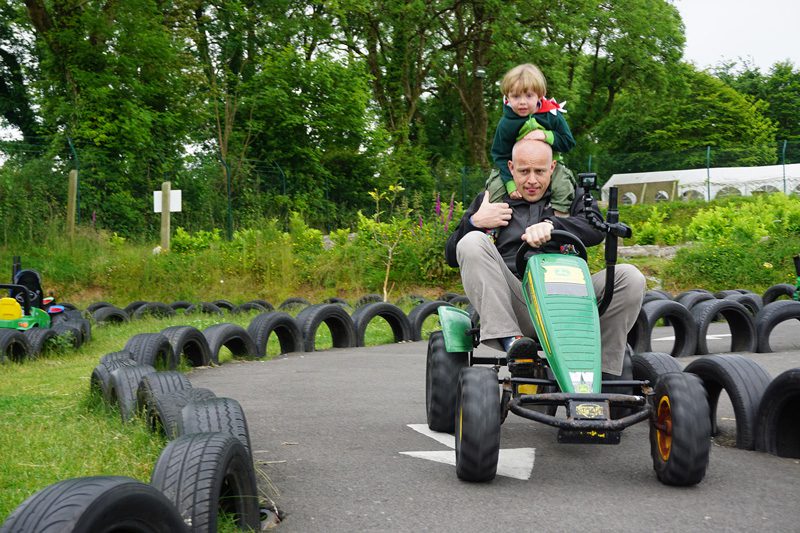
How do we respond to jobs being replaced by technology?
It is hard to ignore the erosion and evolution of jobs by technology. Simple and repetitive tasks can now be done by robots, both physical and virtual. The rate of technological progress means that jobs built on routine will become candidates for automation. This may be welcome for unpleasant or dangerous tasks, but the effect on the workforce could be significant. So, what should we do?
From an individual perspective, now is the time to prepare for the changes ahead. Adaptability will be essential in the new workplace. Learn. Learn how to learn. Focus on skills that cannot be easily digitized. Strengthen human traits like creativity, making authentic connections, and asking questions that matter.
Businesses should explore technologies that enable human-to-machine collaboration; taking advantage of human traits and leaving productivity to the robots. The ‘sharing’ and ‘gig’ economies that we are entering will use more mobile and transient workforces. New adaptable organizational models such as holacracy could be the key to a fluid, intelligent business. Organizations that are poised for change will better adapt to emerging business models.
Governments must play their role by ensuring the spoils of technological progress are more evenly distributed. Whether by strengthening the social safety net, tax reform, or some form of universal basic income. They should rethink education strategy to place greater focus on creatively and collaboration. Do we need to know our multiplication tables, or do we need to learn how to solve problems?
Most importantly however, perhaps now is the time to reconsider the metrics by which we measure human progress. GDP measures output, but it does not tell us how happy our citizens are. We need instruments to measure well-being so that we can ensure a better future for people. Productivity after all, is for robots.
-end
Consolation prize winners are
Gautam Midha
Christine Liu
Max Leong
Phua Kai Hong
